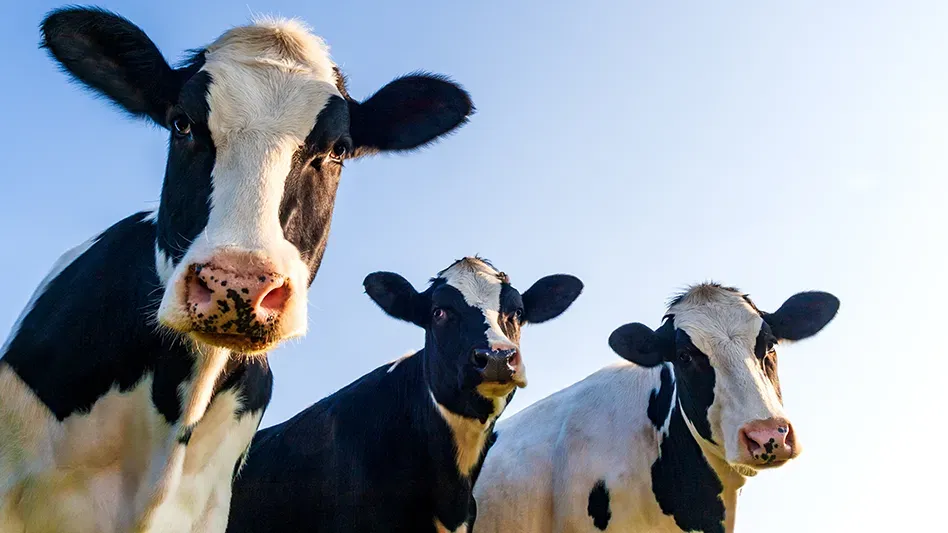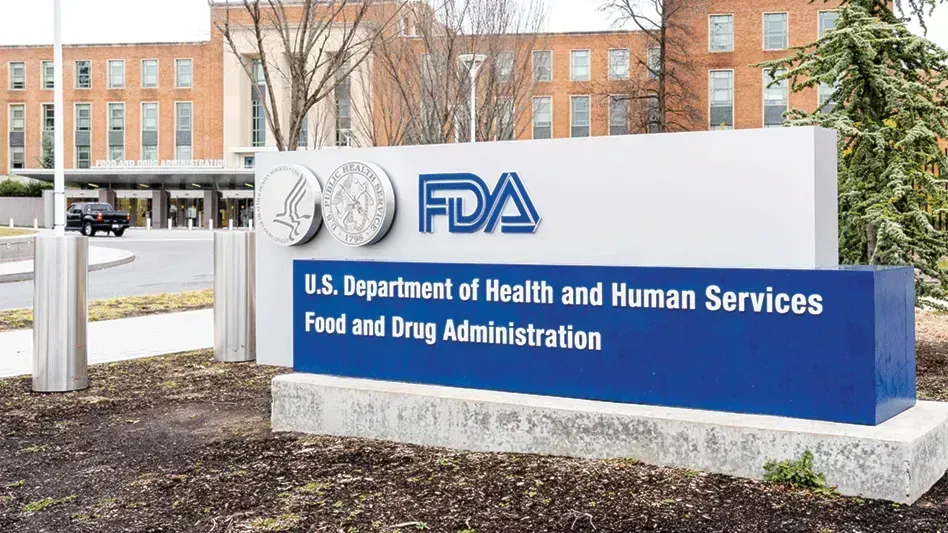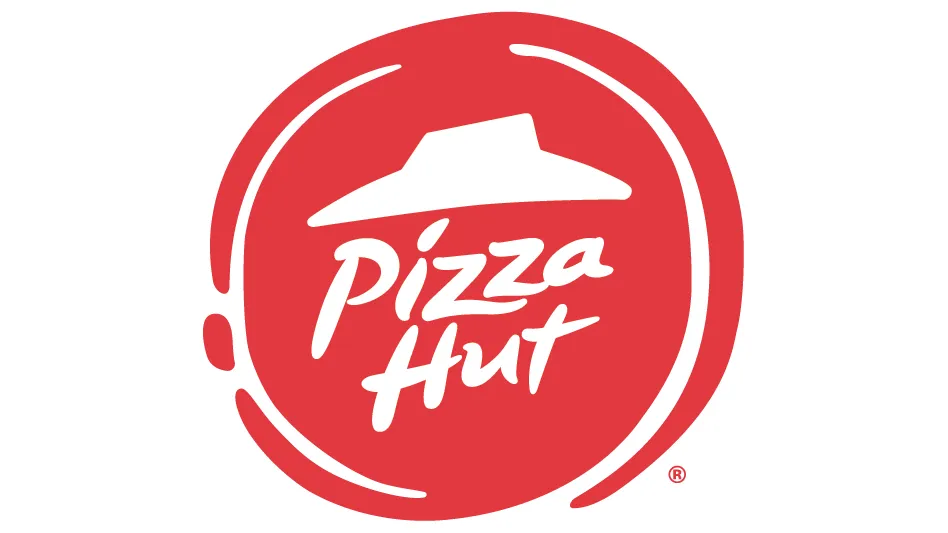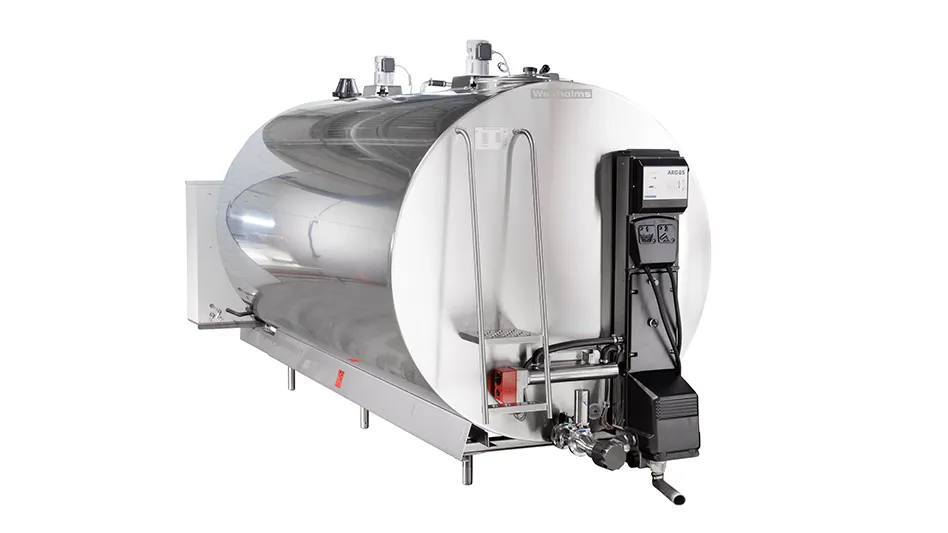
A new report from the global food safety certification company, Lloyd’s Register Food in 2020: What’s trending for US shoppers? suggests that almost half of Americans had actively changed their shopping habits in the last 12 months following a food scare. The report, , follows a survey of over 1,000 US consumers.
Highlighting the growing demands of consumers, the report, based on a survey of more than 1,000 U.S. consumers, revealed serious concerns around food waste. According to the report, 88% of U.S. shoppers see food waste as a “big problem,” and two-thirds don’t believe enough is being done by large food brands to tackle the growing issue.
To add to these findings, 67% believe the world’s largest food brands are not doing enough to tackle plastic waste. However, despite these concerns, only 18% of consumers consider food waste as a personal priority when choosing a food product. While demands on retailers and restaurants are clear, these results indicate a level of contradiction or conflict between consumer habits and expectations.
“The research provides a brief overview of the food shopping habits of US consumers. While there are some contradictions in place, the research reveals growing demands on retailers and restaurants relating to food waste, plastic use and safety concerns,” said Stuart Kelly, global head of commercial at Lloyd’s Register
“One of the stand-out statistics that should raise alarm bells for the food industry is the willingness of consumers to actively change their shopping habits as a result of a food scare,” he said. “As an industry, we understand that food processes are extremely safe, however the report suggests that negative headlines around safety is perhaps having a more significant impact on buying trends than first realized.
“The question we must ask now is, how can the food industry come together and overcome these barriers?”
The research also suggests a lack of confidence in labelling and food information, with only 48% saying they were “fairly confident” that food listed as organically farmed is authentic.
Vegan products also come under the microscope, with the report showing that only one-fifth of respondents are very confident that vegan or plant-based alternatives do not contain meat. Perhaps surprisingly, only 37% believe these vegan products are a more environmentally friendly choice when compared to meat, despite growing evidence of its green credentials.
“Veganism continues to grow, but our research shows skepticism surrounding the products,” Kelly said. “Only one-third of respondents, for example, believe meat substitutes are a healthier option, while many are not entirely confident that they are suitable for a vegan diet. This mistrust and credibility gap in consumers’ minds needs addressing and the food industry must come together to alleviate concerns. With a high percentage of U.S. shoppers wanting to know the precise ingredients in all products, it is important for all suppliers to question how this can be achieved and what can be done to allay these doubts.”
Read the full report at Lloyd’s Register
Latest from Quality Assurance & Food Safety
- Food Safety Summit Keynote Focuses on Food Safety Leadership
- FDA Publishes Landmark Final Rule to Enhance the Safety of Agricultural Water
- The Wendy's Company Reports 2023 Corporate Responsibility Progress
- Local Bounti Opens New Controlled Environment Agriculture Facility
- Tröegs Partners with Patagonia Provisions to Introduce Kernza Lager
- Neogen Launches New Molecular Method for Detection of Two Salmonella Serotypes
- Standard Meat Company Appoints Keith Blanks as Chief Commercial Officer
- USDA Finalizes Policy to Protect Consumers from Salmonella in Raw Breaded Stuffed Chicken Products




